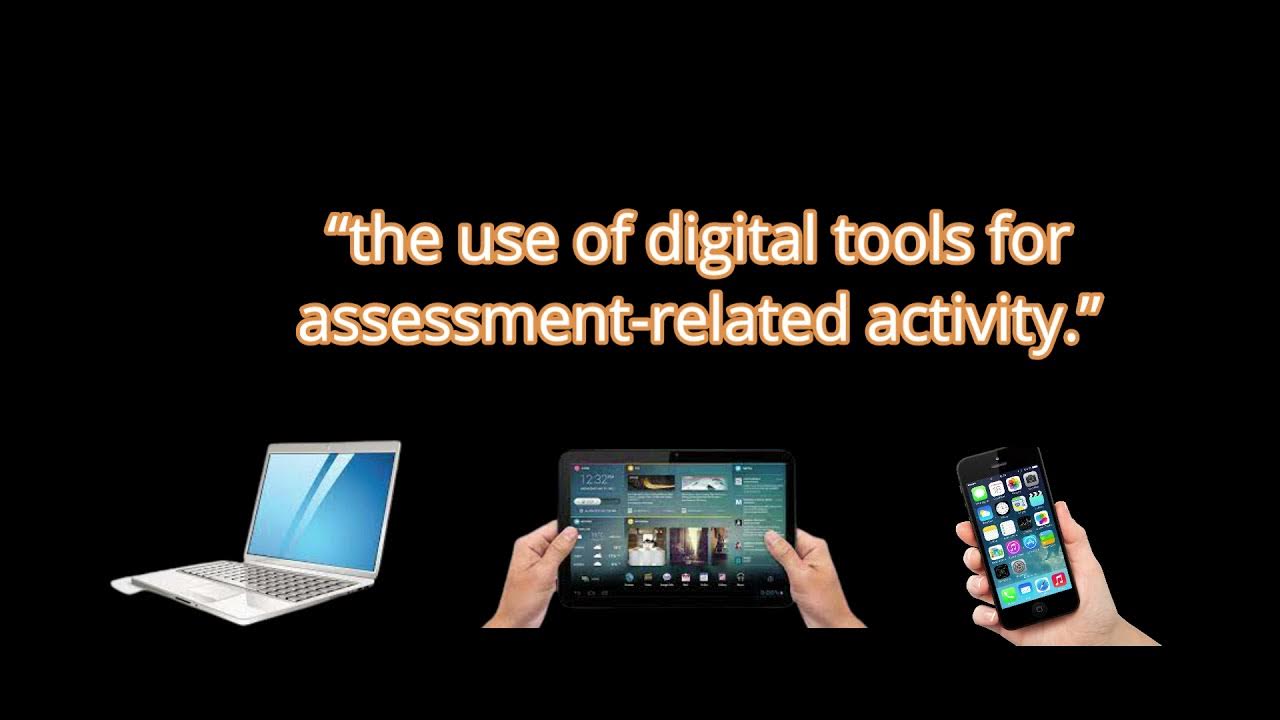ASESMEN || PRINSIP PENGAJARAN DAN ASESMEN
Summary
TLDRThis video discusses the concept of assessment in education, explaining its purpose, types, and principles. Assessment is a process of collecting and analyzing information to evaluate students' learning needs, progress, and achievements. It serves multiple functions, such as monitoring the quality of learning, providing feedback, and mapping students' learning progress. The video also introduces three types of assessments: diagnostic (to identify initial competencies), formative (to track development during learning), and summative (to evaluate overall learning outcomes). The content emphasizes how assessment guides educators in developing effective teaching strategies.
Takeaways
- 📚 Assessment is a process of collecting and processing information to understand students' learning needs, progress, and achievements.
- 🎯 The first goal of assessment is to monitor the quality of learning by students.
- 🔄 The second goal is to provide feedback for both students and educators to improve learning.
- 📊 The third goal is to map the progress of students' learning outcomes.
- 📋 Assessment is an integral part of the learning process and serves as feedback for educators, students, and parents.
- ⚖️ Assessments should be designed to be fair, professional, valid, and trustworthy.
- 📝 The three types of assessments are diagnostic (initial), formative, and summative.
- 🔍 Diagnostic assessment aims to identify students' strengths and weaknesses before learning begins.
- 💡 Formative assessment focuses on the development of students' competencies during the learning process.
- 🏁 Summative assessment evaluates students' overall achievement at the end of the learning process, such as through tests or final evaluations.
Q & A
What is an assessment?
-An assessment is a process of gathering and processing information to understand the learning needs, progress, and achievements of students.
What are the main objectives of an assessment?
-The objectives of an assessment are to monitor the quality of students' learning, provide feedback on the learning process, and map students' learning progress.
What are the principles of assessment?
-The principles include being an integrated part of the learning process, providing holistic feedback to educators, students, and parents, and being designed with fairness, professionalism, validity, and reliability.
How should an assessment be designed?
-An assessment should be designed according to its function, allowing flexibility in techniques and timing, to ensure it effectively achieves the learning objectives.
What information should assessment reports provide?
-Assessment reports should be simple, informative, and provide useful insights into students' character, competencies, strategies, and actions for further improvement.
What are the types of assessments mentioned in the video?
-There are three types of assessments: diagnostic (initial assessment), formative, and summative.
What is the purpose of a diagnostic (initial) assessment?
-The purpose of a diagnostic assessment is to identify students' strengths and weaknesses before starting the learning process, helping to plan the lessons.
What are the two types of diagnostic assessment?
-The two types of diagnostic assessment are cognitive, which assesses prior knowledge in learning material, and non-cognitive, which evaluates factors like family support, motivation, learning style, and social-emotional abilities.
What is a formative assessment?
-A formative assessment is aimed at tracking the progress of students' competence development and identifying how well learning objectives have been achieved during the learning process.
What is a summative assessment?
-A summative assessment is conducted at the end of a learning process to evaluate the overall achievement of learning objectives, examples include daily quizzes and final exams.
Outlines

This section is available to paid users only. Please upgrade to access this part.
Upgrade NowMindmap

This section is available to paid users only. Please upgrade to access this part.
Upgrade NowKeywords

This section is available to paid users only. Please upgrade to access this part.
Upgrade NowHighlights

This section is available to paid users only. Please upgrade to access this part.
Upgrade NowTranscripts

This section is available to paid users only. Please upgrade to access this part.
Upgrade Now5.0 / 5 (0 votes)





